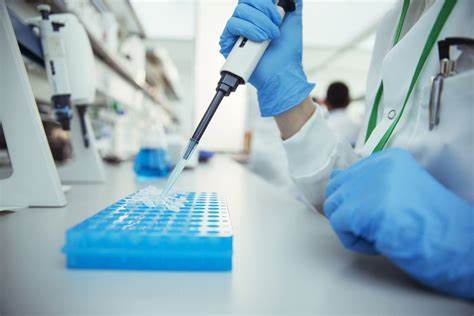
Singapore – Public Health England has launched a major new campaign designed to further reign in inappropriate use of antibiotics, as estimates show that around 5,000 people in England alone die every year because of antimicrobial resistance.
As part of the Keep Antibiotics Working campaign, TV adverts are being broadcast to urge people to stop asking healthcare professionals for antibiotics because taking them when they are not necessary increases the risk of a more severe or longer infection.
It will also support pharmacists by providing evidence and resources to support their conversations with patients about the use of antibiotics.
Experts are predicting that in just over 30 years antibiotic resistance will claim more lives than cancer and diabetes combined, and chief medical officer Dame Sally Davies recently warned of a “post-antibiotic apocalypse” and “the end of modern medicine” if action is not taken to address the threat.
“Antibiotic resistance is not a distant threat, but is in fact one of the most dangerous global crises facing the modern world today,” Professor Paul Cosford, Medical Director at PHE, told the media.
“Taking antibiotics when you don’t need them puts you and your family at risk of developing infections which in turn cannot be easily treated with antibiotics. Without urgent action from all of us, common infections, minor injuries and routine operations will become much riskier.”
The campaign comes alongside publication of Public Health England’s fourth annual ESPAUR report, which shows that, in 2016, 41 percent of the commonest cause of blood stream infections (Escherichia coli) were resistant to the commonest antibiotic used to treat infections in hospitals.
This report also found that AMR was common in the more than 1 million urinary tract infections caused by bacteria identified in NHS laboratories last year.




